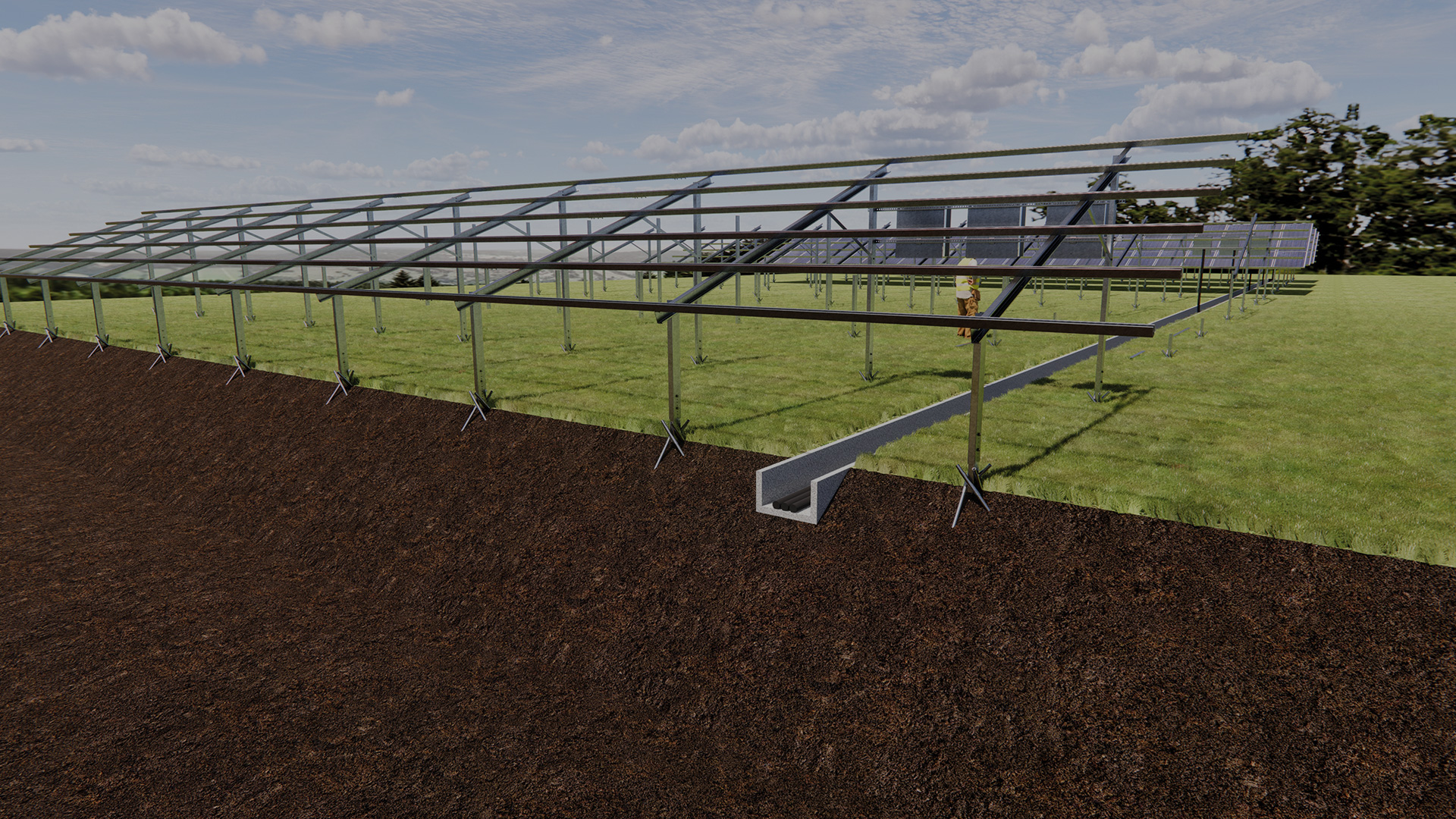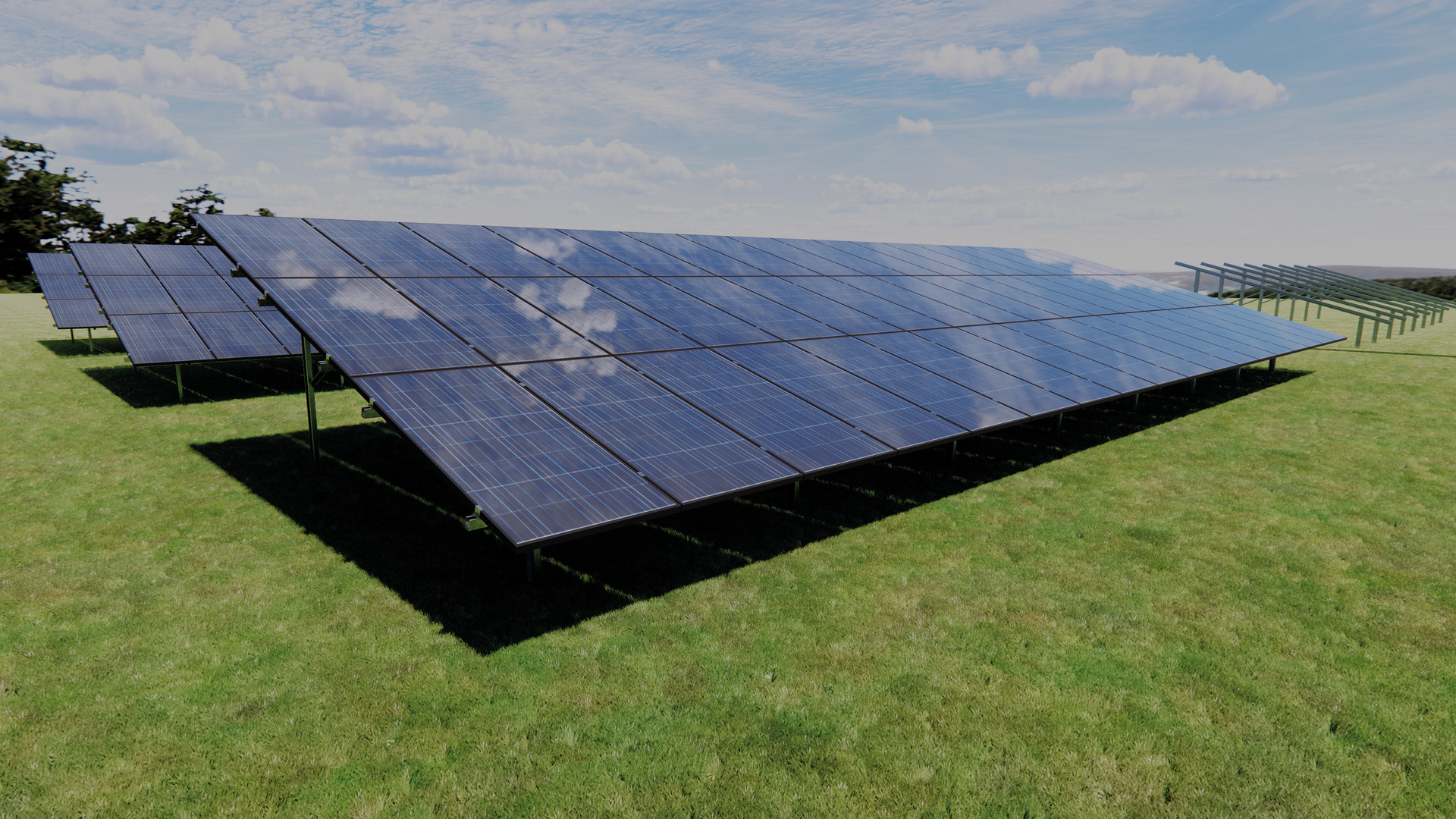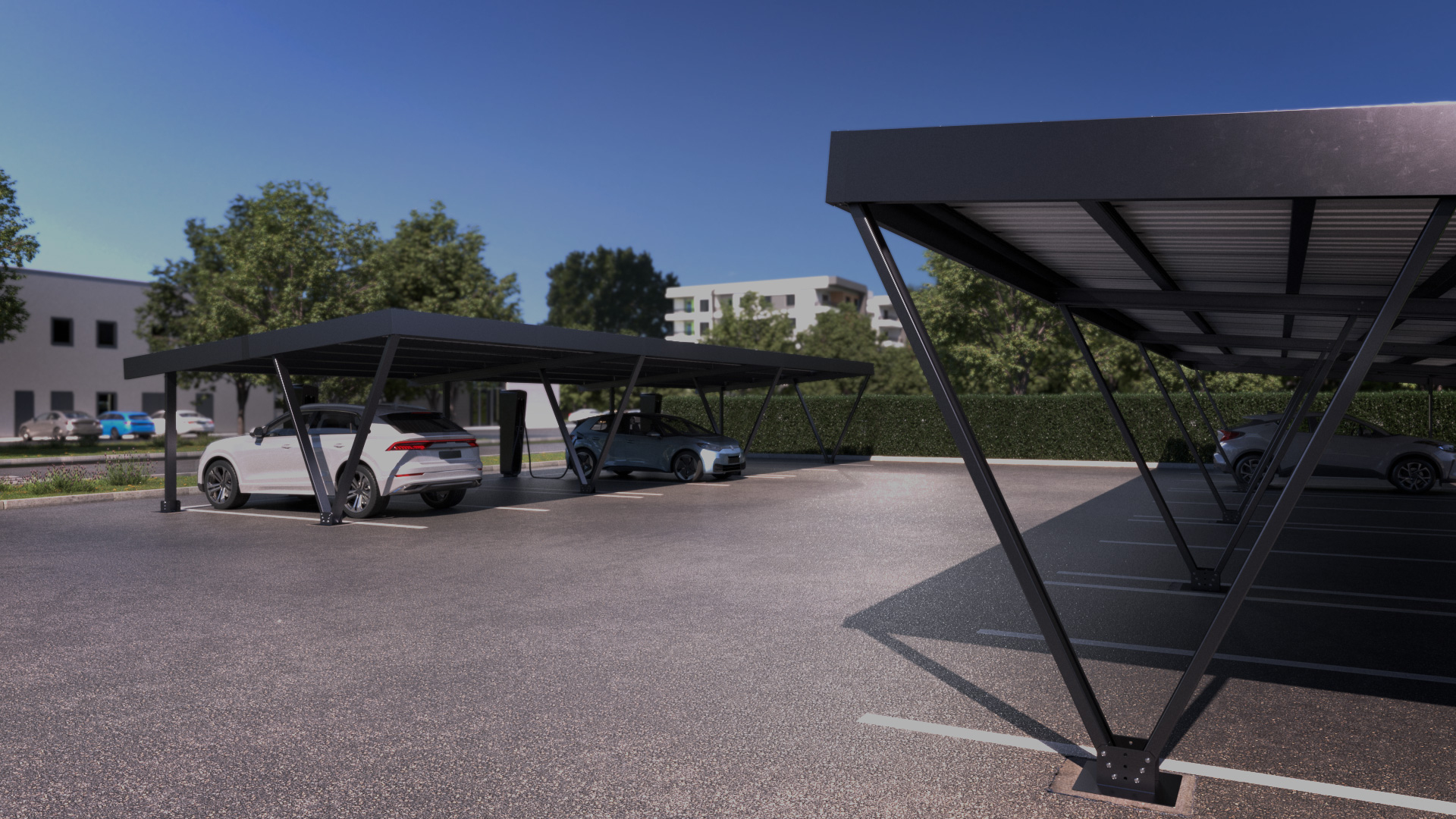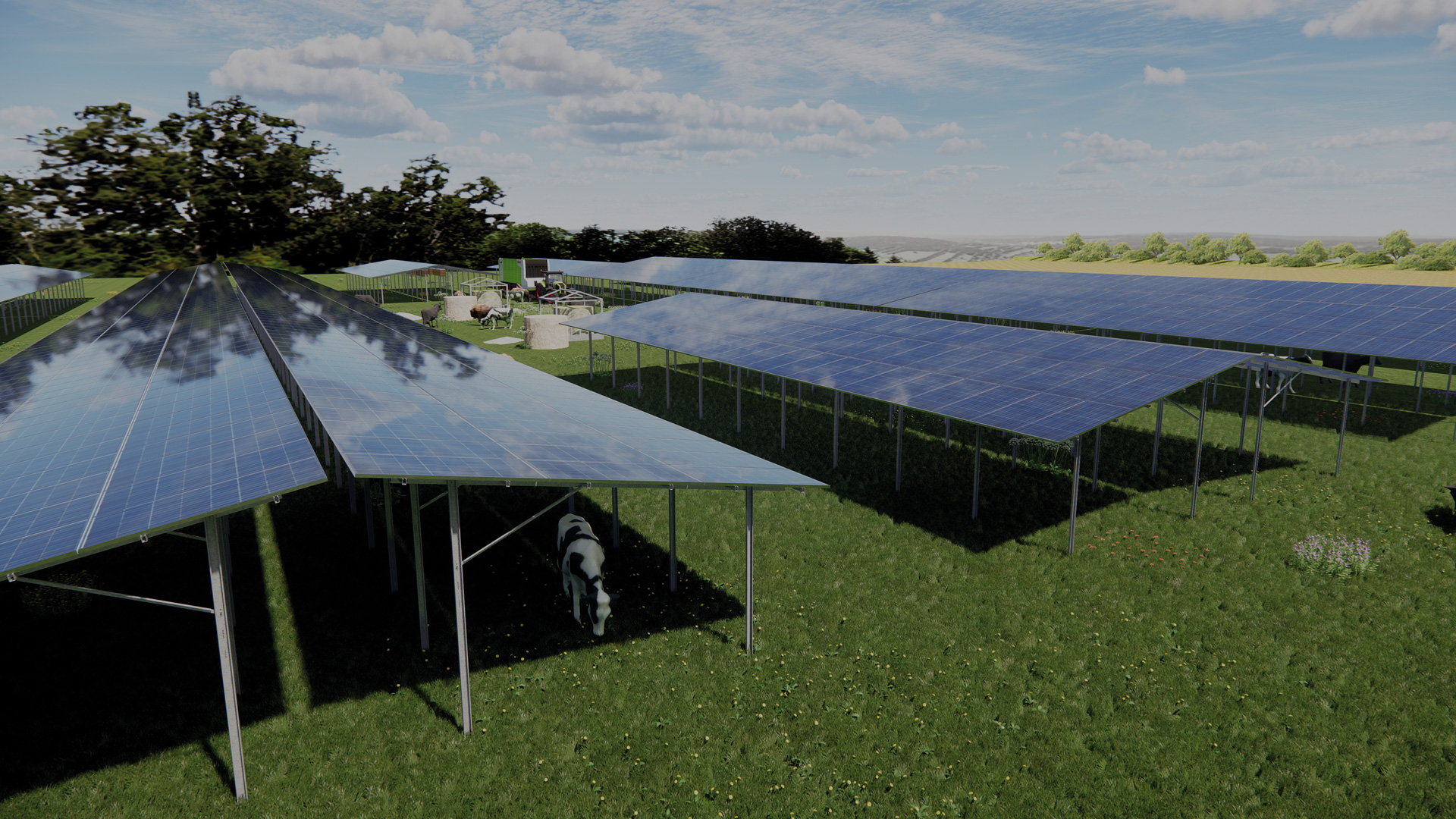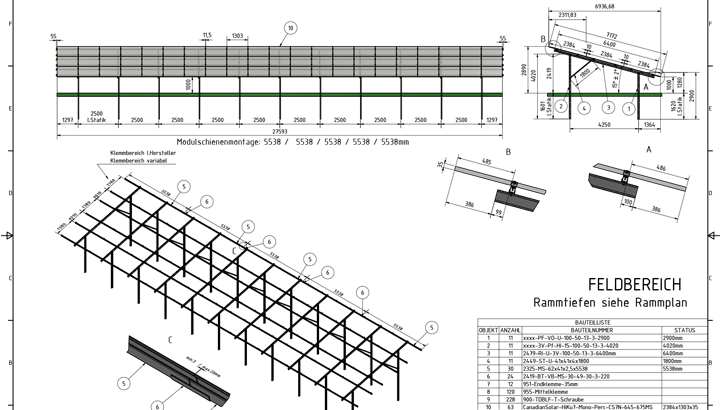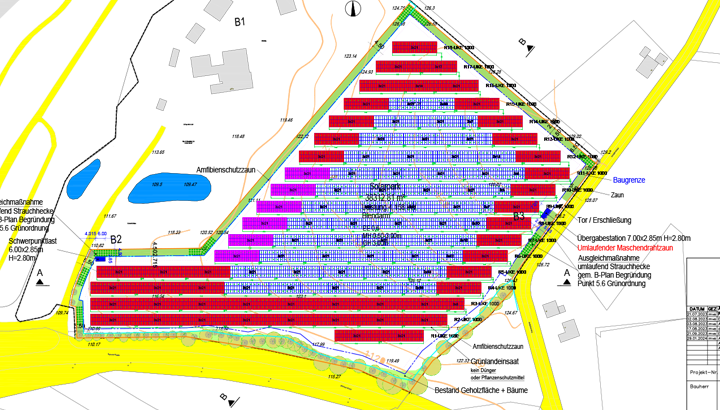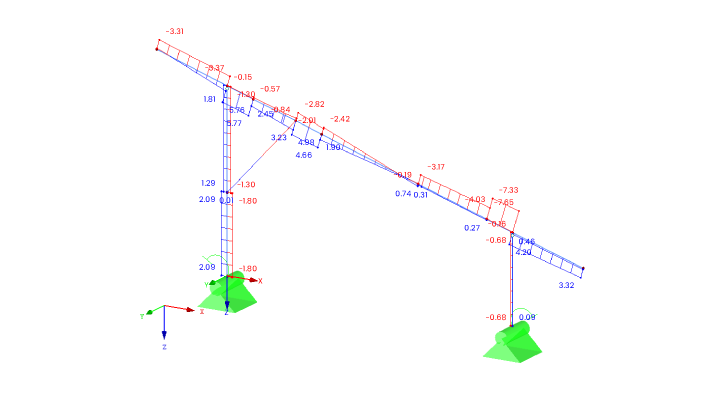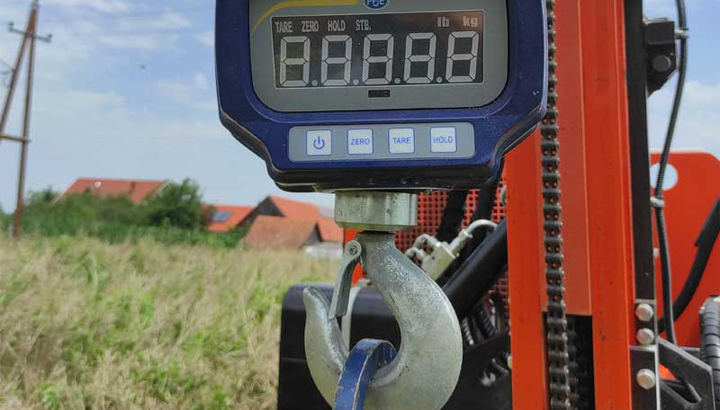
Geological surveys
The installation of photovoltaic systems (PV systems) on open land and in agricultural areas requires a detailed analysis of the soil and geological conditions. Soil surveys, geological reports and tensile tests are essential components of the planning phase in order to ensure the safety, stability and efficiency of the systems.
Importance of soil survey(s)
A soil survey provides important information about the condition of the subsoil and is crucial for the planning and construction of the PV system.
- Load-bearing capacity of the soil: The expert opinion determines the load-bearing capacity of the soil, which is of central importance for the dimensioning of the foundations and the stability of the substructure.
- Chemical analysis: It determines the chemical composition of the soil and thus provides reliable information about the required corrosion protection measures for supports and soil nails depending on the desired service life of a system.
- Groundwater conditions: The soil survey(s) also takes into account the groundwater conditions, which can influence the stability and longevity of the foundations.

Expert opinion
A geological survey extends the analysis of the soil and provides a more comprehensive geotechnical assessment of the site.
- Geological structures: The report examines the geological structures and formations at the site in order to identify potential risks such as landslides or ground movements.
- Soil erosion and sedimentation: It assesses the risk of soil erosion and sedimentation, which could be increased by the construction of the PV system. This is particularly important in agricultural areas.
- Historical and seismic activities: The geological report also takes into account historical and seismic activities that could affect the stability of the PV system.
Tensile tests
- Direct measurement: Tensile tests enable direct measurements of the tensile strength of the soil by using special devices to test the load-bearing capacity and stability of the planned foundations.
- Adaptation of the foundations: The results of the tensile tests help to adapt the foundations to the specific soil conditions. This can influence the depth and design of the foundations.
- Safety assessment: The tensile tests allow potential weak points in the subsoil to be identified and rectified before the actual construction work begins, which increases the overall safety and stability of the system.
Application in agriculture
Soil surveys, geological surveys and tensile tests are particularly important in agriculture, as agricultural land often has special requirements.
- Soil conservation measures: The results of the study help to develop soil-conserving measures that do not impair agricultural operations and maintain soil quality.
- Optimisation of land use: Expert opinions and tests enable optimal land use by ensuring that the PV system is stable and at the same time does not impair the agricultural use of the land.
- Long-term planning: The results are incorporated into long-term planning to ensure that the PV system can withstand agricultural requirements and changes.
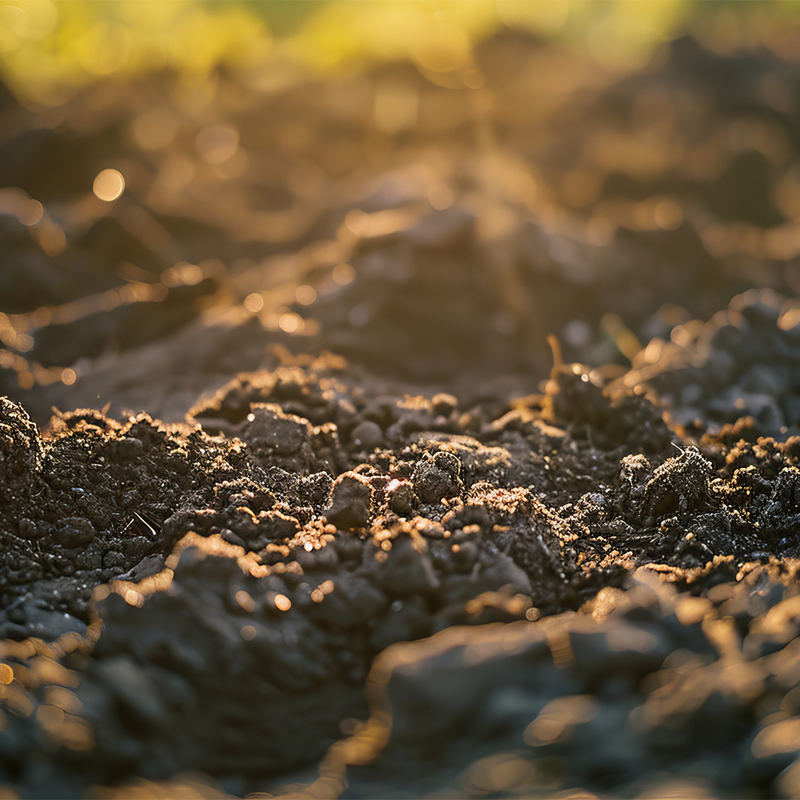
Provides important insights
Soil surveys, geological surveys and tensile tests are indispensable components in the planning and implementation of ground-mounted and agricultural photovoltaic systems. They provide important data on the composition and load-bearing capacity of the soil, which is crucial for the dimensioning of the foundations and the stability of the system. Through this careful analysis and evaluation, PV systems can be installed safely and efficiently, which both maximises energy production and supports the agricultural use of the soil.

